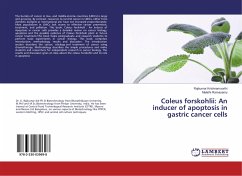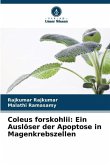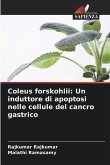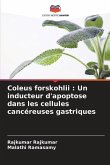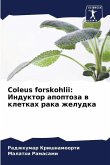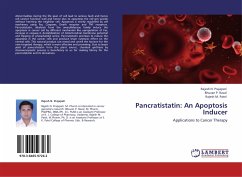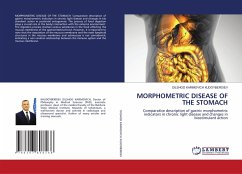The burden of cancer in low- and middle-income countries (LMICs) is large and growing. By contrast, resources to control cancer in LMICs, either from domestic budgets or international aid, have not increased proportionately. Most populations in LMICs lack access to effective cancer prevention, treatment, and palliation. This book, Coleus forskholii : An inducer of Apoptosis in cancer cells provides a detailed review on cancer biology, apoptosis and the possible evidence of Coleus forskholii plant in future cancer treatment.This book helps postgraduate and research students to perform basic experiments in cancer biology. This book comprises introduction, methodology, results and discussion. The introduction section describes the cancer, etiology and treatment of cancer using chemotherapy. Methodology describes the simple procedures and make students and researchers for independent research in cancer biology. The results and discussion gives an idea about the coleus forskohlii and its role in apoptosis
Bitte wählen Sie Ihr Anliegen aus.
Rechnungen
Retourenschein anfordern
Bestellstatus
Storno

